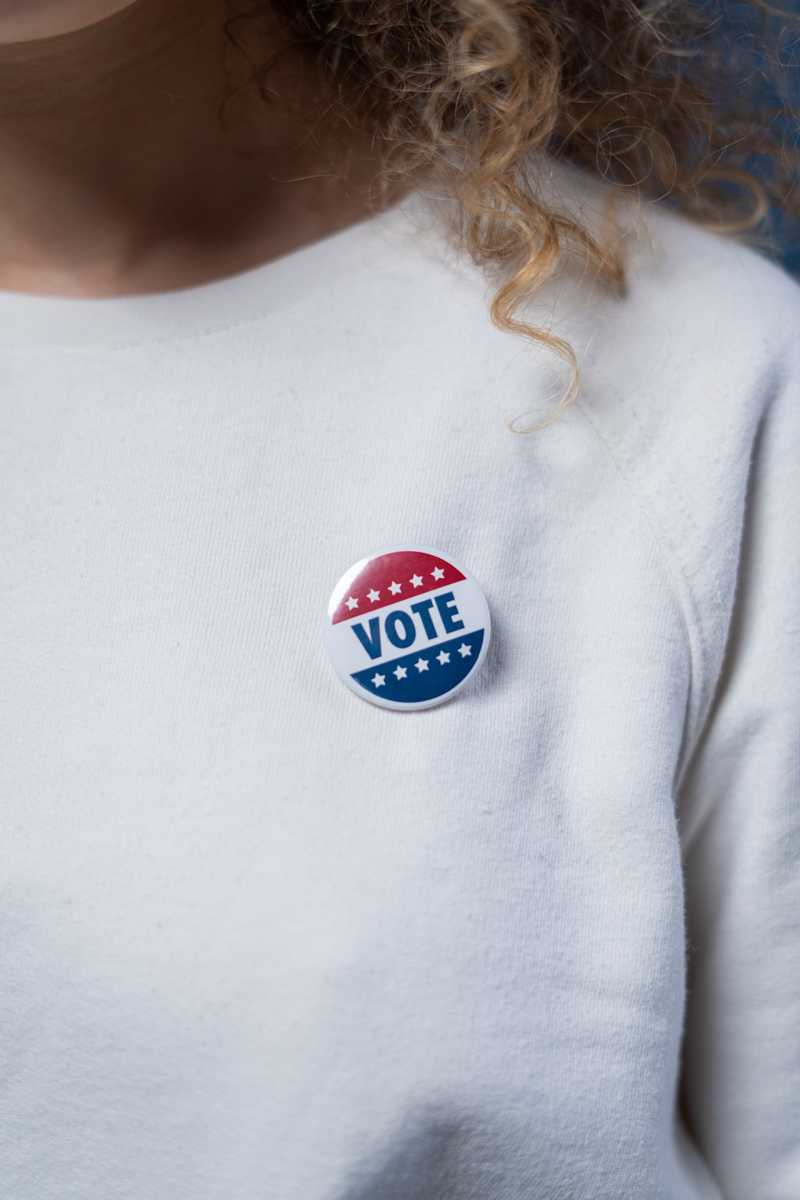6 facts about Kansas's layered abortion past and present
Wednesday, August 31, 2022 블로그 Share
On August 2, 2022, voters in Kansas rejected a proposed change (known as the Value Them Both Amendment) to the state constitution asserting that abortion was not a right to which residents were entitled. The wording on the amendment is purposely confusing, so in summation, voting "no" means one doesn't not support changing the constitution, and Kansas continues to provide a right to abortion, and voting "yes" means that there's nothing in the state constitution that creates a right to abortion or abortion funding at the government level, and the legislature can pass laws regarding abortion. In Kansas, 59% of voters voted against changing the constitution, and 41% voted to do so.
The "no" vote is a huge victory for pro-abortion supporters and for those seeking abortion in the state and in those states around it, such as Missouri and Oklahoma, where abortion is no longer available.
Kansas is a red state (it went to Trump in 2016 and in 2020), but its history with abortion is actually rather intricate. Here are a few interesting facts about Kansas and abortion rights.
- Turnout in 2022 to vote for or against the recent proposed amendment was nearly double what it had been for both the last state primary and the November 2018 midterm election.
- In the 2022 vote, Sedgwick County, which includes Wichita, 62,030 residents voted "no" on the proposed amendment (27,488 voted "yes).
- In an analysis of the August 2 vote, rural and small town voters helped the pro-abortion side win: In 23 of 40 counties with less than 1,150 total votes, at least 30% of the votes were "no" on the amendment.
- In 2009, abortion provider Dr. George Tiller was murdered by anti-choice terroritst Scott Roeder at Tiller's church in Wichita, Kansas, after years of being the target of anti-choice violence.
- In 2014, the Kansas state legislature tried and failed to pass a fetal heartbeat bill.
- In 1991, the anti-choice organization Operation Rescue gathered thousands of abortion protestors in Wichita for "The Summer of Mercy," during which clinic entrances were blocked, sit-in protests occurred, and over 2,600 were arrested.
So what's to be extrapolated from these facts? Well, for starters, one should never underestimate the power of rural and small town communities when it comes to voting and organizing. Additionally, we know that Republicans and moderates voted against the Kansas amendment. According to the New York Times, what happened in Kansas might be an indication of what's to come as other states prepare to vote on abortion later in the year.






